Donald Trump: what documents did FBI find in Mar-a-Lago search - why is former president being investigated?
and live on Freeview channel 276
Donald Trump could face prosecution for obstructing an investigation into his alleged possession of classified documents.
The US Justice Department said government documents were “likely concealed and removed” from a storage room at the former president’s estate in Florida.
Advertisement
Hide AdAdvertisement
Hide AdIt is believed this was done as part of an effort to obstruct the attempts to recover the classified material.
The federal investigation initially sought to discover the whereabouts of the records, and why they were improperly stored in the estate.
But investigators are now asking the question of whether Mr Trump’s team intentionally misled them about the presence of the top-secret documents.
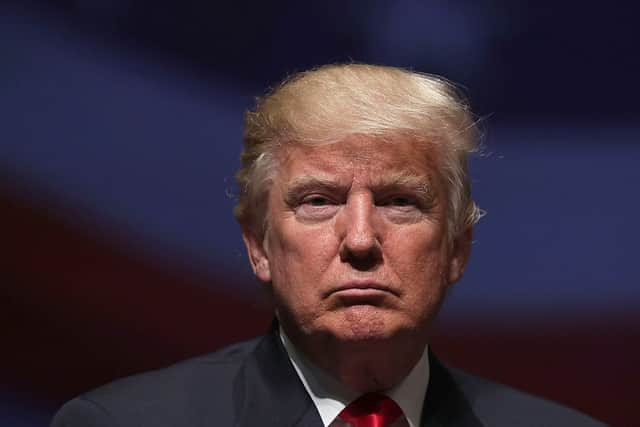

Why is there an investigation?
Upon leaving office, presidents must transfer all of their documents and emails to the National Archives.
Advertisement
Hide AdAdvertisement
Hide AdThe FBI is investigating whether or not Mr Trump improperly handled records by taking them from the White House when he left office in January 2021.
The investigation began in January 2022, when a National Archives team visited Mar-a-Lago, the former president’s residence in Palm Beach, Florida, and retrieved 15 boxes containing 148 classified documents.
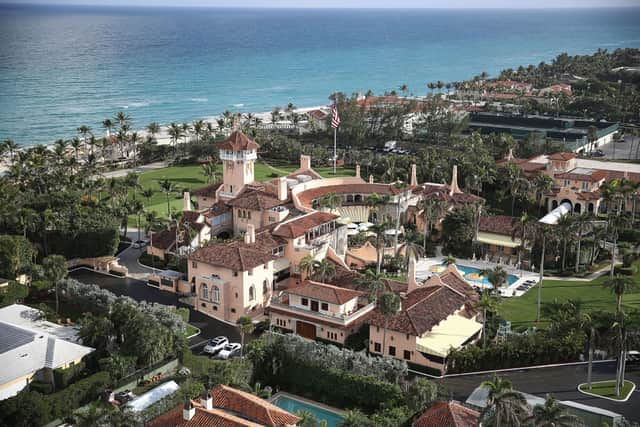

Some of these were “intermixed with other records”, and others even contained Mr Trump’s “handwritten notes”.
In June, Mr Trump’s representatives claimed they had conducted a “diligent search” to find any other top secret material - and claimed it had all been returned.
Advertisement
Hide AdAdvertisement
Hide AdHowever, the FBI once again returned to Mar-a-Lago on 8 August - this time searching the property as prosecutors believed the former president still possessed “dozens” of boxes “likely to contain classified information”.
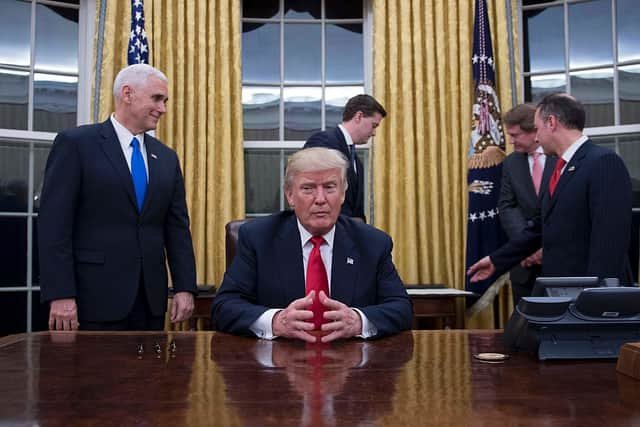

In a filing released on 30 August, as a response to Mr Trump’s request for an independent party to oversee part of the ongoing case, the FBI revealed its investigation will continue as it also believes “efforts were likely taken to obstruct the government’s investigation.”
The US Justice Department has made clear in its recent filing - in which it lays out a timeline of the investigation - that the extraordinary search of Mar-a-Lago came only after other efforts to retrieve the records had failed, and once there were suspicions that additional documents still remained inside the property.
What happened in the investigation?
In the search on 8 August, the FBI said it removed over 100 classified documents from the former president’s residence.
Advertisement
Hide AdAdvertisement
Hide AdAgents found documents both in the storage room, and in Mr Trump’s office desk.
Some of the classified material reportedly contained information about nuclear weapons.
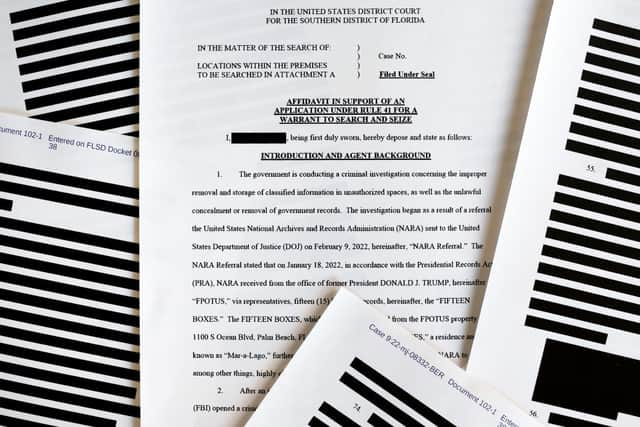

In the filing released this week, the FBI included a picture of some of the seized documents - which are covered with markings used to indicate their classified status.
Some are marked as “TOP SECRET//SCI” with bright yellow borders, and others as “SECRET/SCI” with a rust-coloured border.
Advertisement
Hide AdAdvertisement
Hide AdIt is possible this was incorporated as a rebuttal to suggestions that whoever handled them at Mar-a-Lago could have failed to appreciate their sensitive nature.
What has Donald Trump said?
Mr Trump in the past claimed he had declassified the information - and has now continued to deny any wrongdoing.
Instead, the former president has accused the Justice Department of staging the photo of the classified documents retrieved from Mar-a-Lago.
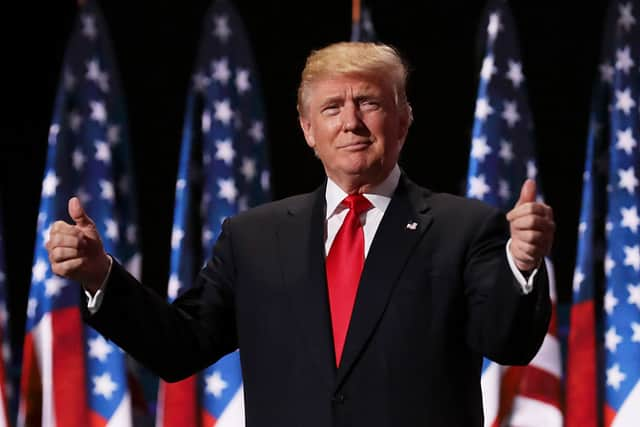

“There seems to be confusion as to the ‘picture’ where documents were sloppily thrown on the floor and then released photographically for the world to see as if that’s what the FBI found when they broke into my home,” he wrote on Truth Social, his own social media platform.
Advertisement
Hide AdAdvertisement
Hide AdHe continued: “Wrong! They took them out of cartons and spread them around on the carpet, making it look like a big ‘find’ for them.
“They dropped them, not me.”
The former president then called the investigators’ actions “very deceiving” and stressed that he was not allowed to have lawyers present during the raid.
What has the FBI said?
In the recently-released document, the FBI wrote: “That the FBI, in a matter of hours, recovered twice as any documents with classification markings as the ‘diligent search’ that the former president’s counsel and other representatives had weeks to perform calls into serious question the representations made in the 3 June certification and casts doubt on the extent of cooperation in this matter.”
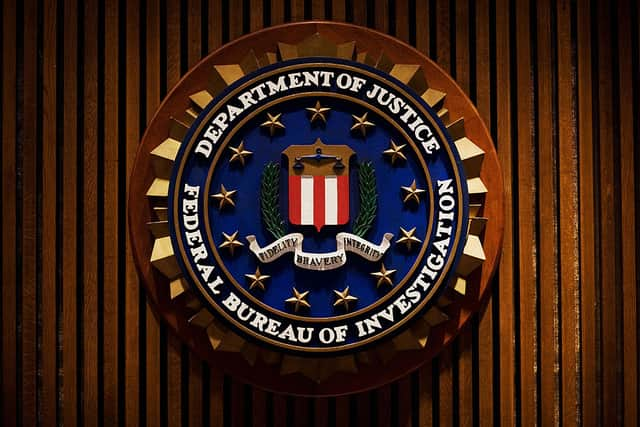

It continued: “In some instances, even the FBI counterintelligence personnel and Department of Justice attorneys conducting the review required additional clearances before they were permitted to review certain documents.”
Advertisement
Hide AdAdvertisement
Hide AdWriting on the June 3 visit to Mar-a-Lago, the document states that the former president’s counsel “offered no explanation as to why boxes of government records remained at the premises nearly five months after the production of the [initial] 15 boxes, and nearly one-and-a-half years after the end of the administration.”
What happens next?
US district judge Aileen Cannon is set to hear arguments on the investigation in the next few days.
As Mr Trump is facing allegations of improper handling of federal records, the obstruction of a federal investigation, and even possible violations of the Espionage Act, he could face prosecution.
However, the Justice Department will likely wait until after November’s midterm elections to bring charges against the former president if they decide he broke the law, according to Bloomberg.
What questions remain?
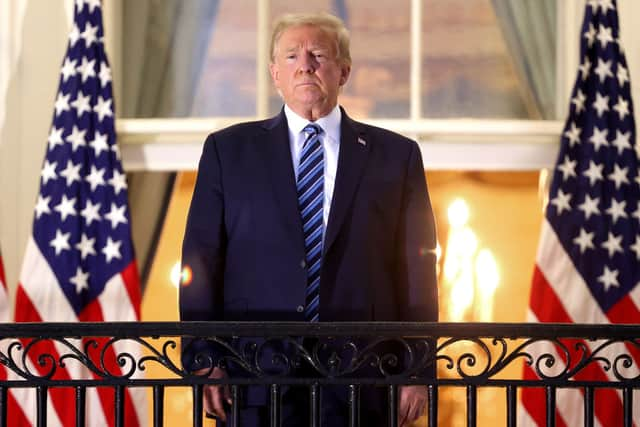

Advertisement
Hide AdAdvertisement
Hide AdThe core question that is driving public fascination with the investigation is why the documents left the White House in the first place - and why the former president’s team has apparently resisted efforts to give them back to the US Government.
It remains unclear who is believed to have relocated the boxes in between the searches.
Questions of the impact this will have on the country’s security persist too.
The Independent spoke to former intelligence officials and experts, who have said that Mr Trump’s “hoarding of highly classified national defence information could bring about a level of damage to US intelligence operations not seen in decades.”
Comment Guidelines
National World encourages reader discussion on our stories. User feedback, insights and back-and-forth exchanges add a rich layer of context to reporting. Please review our Community Guidelines before commenting.
